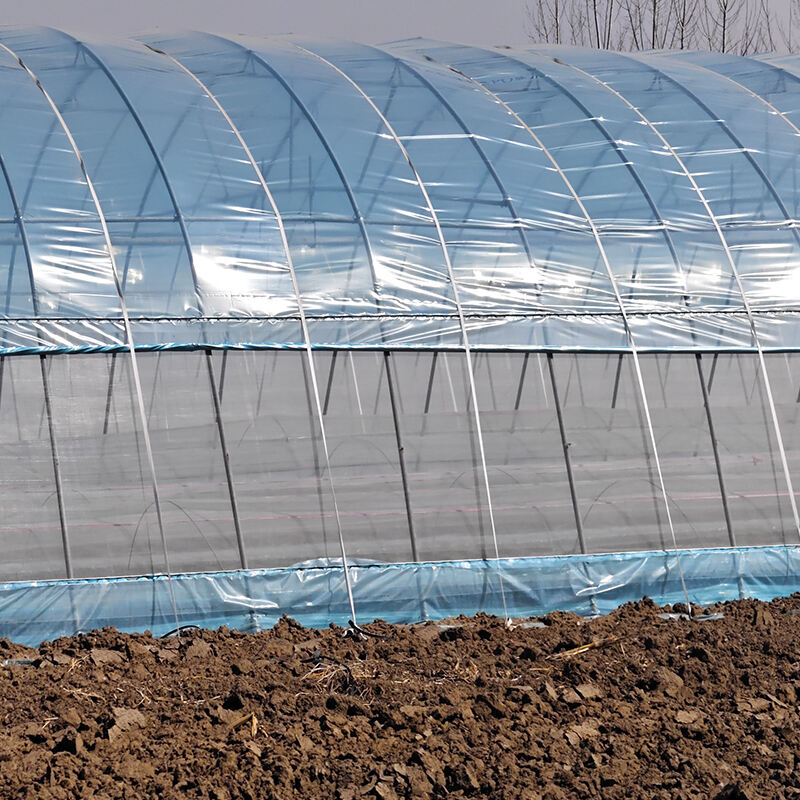biodegradable plastic mulch film
Biodegradable plastic mulch film represents a groundbreaking advancement in agricultural technology, offering farmers an environmentally conscious solution for crop management. This innovative material is specifically engineered to perform all the essential functions of traditional plastic mulch while naturally decomposing into the soil after its intended use. The film creates an optimal growing environment by maintaining soil moisture, regulating temperature, and suppressing weed growth. Manufactured using bio-based polymers and organic compounds, these films are designed to break down into natural elements such as water, carbon dioxide, and biomass, leaving no harmful residues in the soil. The technological features include controlled degradation rates that align with specific crop cycles, UV resistance for durability during the growing season, and varying thicknesses to suit different agricultural needs. Applications span across various agricultural sectors, from vegetable production to fruit orchards, and are particularly valuable in organic farming systems. The film's versatility allows for both manual and mechanical installation, making it suitable for operations of all sizes. Its implementation has shown significant improvements in crop yield, quality, and resource efficiency while addressing the growing concern of plastic pollution in agriculture.


